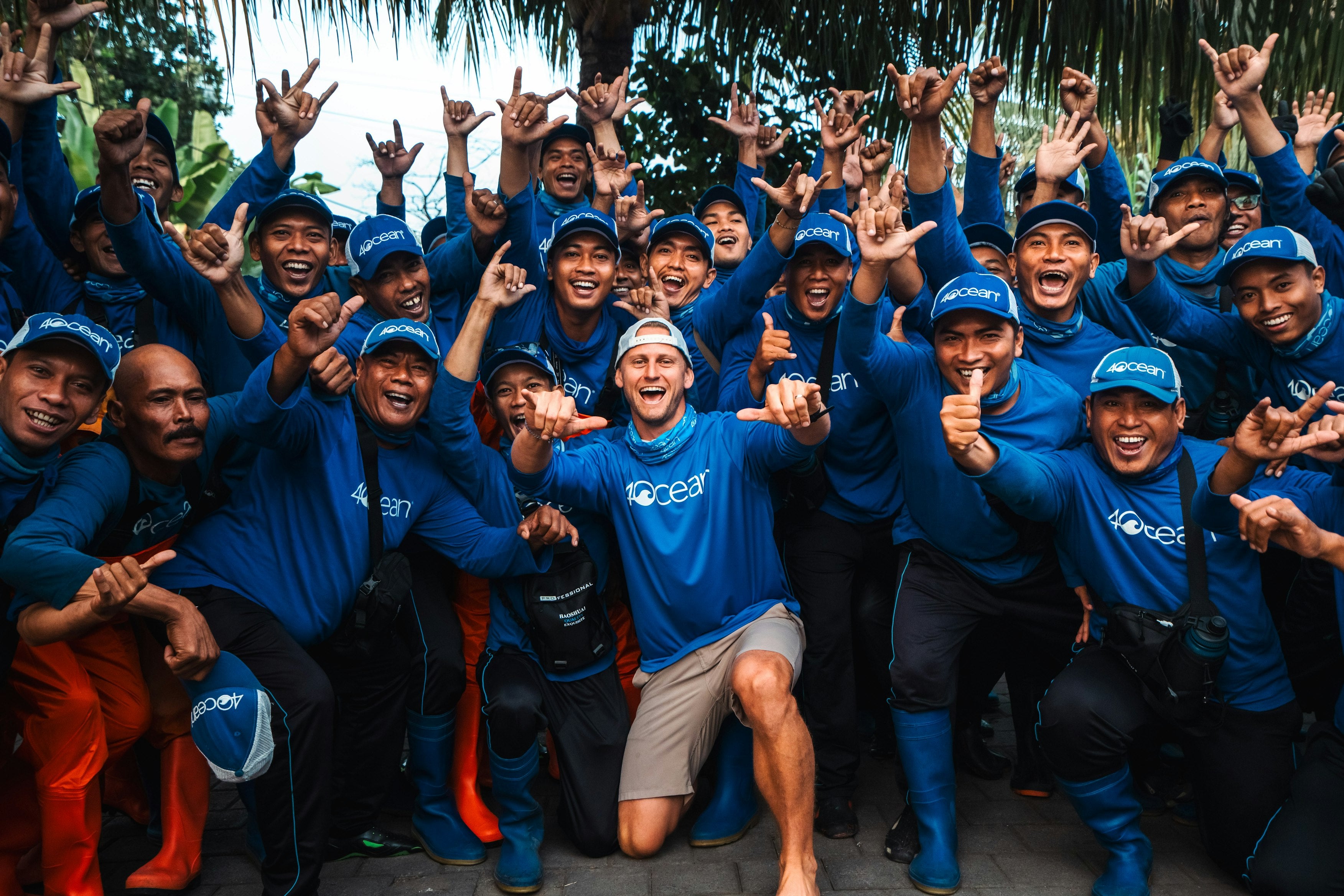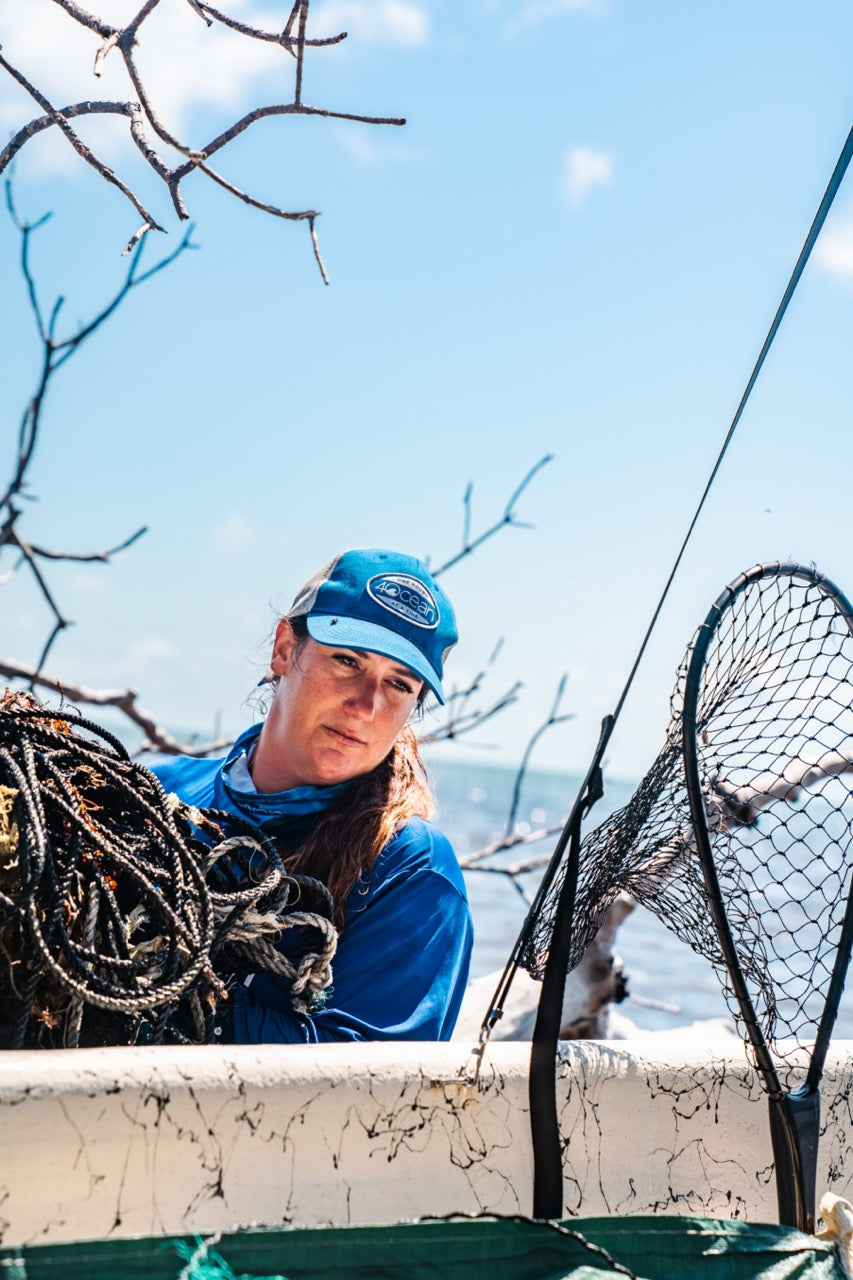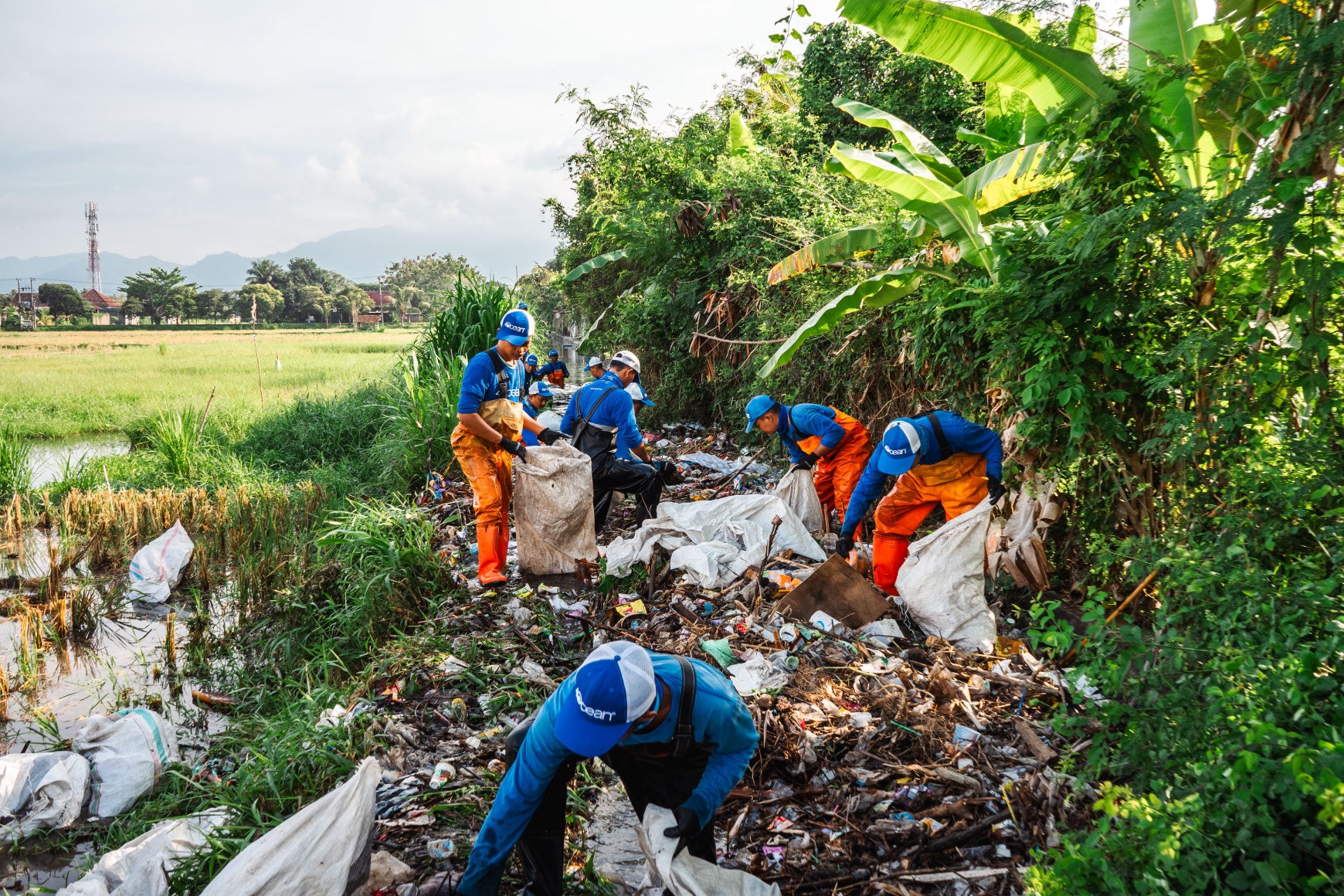5 MIN READ
01-14-2025
Kedonganan Beach Update: A Small Fish Trapped in a Plastic Cup
Ucik, 4ocean Bali Content Correspondent
As the Denpasar team set out for another cleanup at Kedonganan Beach, they hoped to find a cleaner shore. However, what awaited them was a grim sight: plastic bottles, discarded sandals, broken bags, and cups scattered across the sand. Once again, waves had delivered an overwhelming load of trash onto the coastline.
The team quickly got to work, removing as much waste as possible. But amid the debris, they discovered something that made them pause—a small fish, still alive, trapped inside a discarded plastic water cup. The sight was heartbreaking. It was likely that the fish had been stuck for days, its movements restricted in the confines of the plastic prison.
Acting fast, the team carefully freed the fish and released it back into the ocean. The moment served as a stark reminder of just how devastating plastic pollution can be. This wasn’t just waste—this was a direct threat to marine life, turning everyday trash into deadly traps.
For hours, the team combed through the sand, determined to rid the beach of as much waste as possible. With each step, they uncovered discarded plastic bottles buried beneath the grains, weather-worn sandals and shoes washed ashore by relentless tides, and tattered bags tangled among the driftwood. Scattered across the shoreline lay an assortment of miscellaneous plastic debris—fragments of forgotten things, remnants of a larger problem. By the end of the cleanup, their collective effort had removed an astonishing 480.85 pounds of non-organic waste from the beach, a testament to their dedication and the pressing need for action.

Reflecting on the event, one team member shared a powerful message:
“We need to stop the habit of dumping trash into rivers and oceans. During floods, this waste spreads everywhere, polluting the environment entirely.”
The team hopes that more people will consider recycling instead of carelessly discarding plastic waste. Every action, no matter how small, can make a difference.

Reflecting on the event, one team member shared a powerful message:
“We need to stop the habit of dumping trash into rivers and oceans. During floods, this waste spreads everywhere, polluting the environment entirely.”
The team hopes that more people will consider recycling instead of carelessly discarding plastic waste. Every action, no matter how small, can make a difference.
Despite their determination, the cleanup was anything but easy. The team struggled against stubborn trash wedged between driftwood, forcing them to pry and pull with relentless effort. Overhead, the sky remained overcast, thick with the threat of lightning, each distant rumble a reminder of the storm that could send them scrambling for cover at any moment. When the rain finally came, it fell heavy and unyielding, soaking them to the bone. Even before they had set foot on the beach, traffic jams had slowed their journey, testing their patience before the real work had even begun. Yet, through every challenge, they pressed on, unwilling to let obstacles stand in the way of their mission.
Yet, despite these obstacles, their commitment to restoring Kedonganan Beach remained unwavering.
The trash washing up on Kedonganan Beach is not caused by nature—it is the result of human negligence. The team urges everyone to take responsibility for their waste and protect the environment for future generations.
The ocean is not a landfill, and with collective action, we can ensure that marine life—like the small fish saved that day—has a fighting chance.







